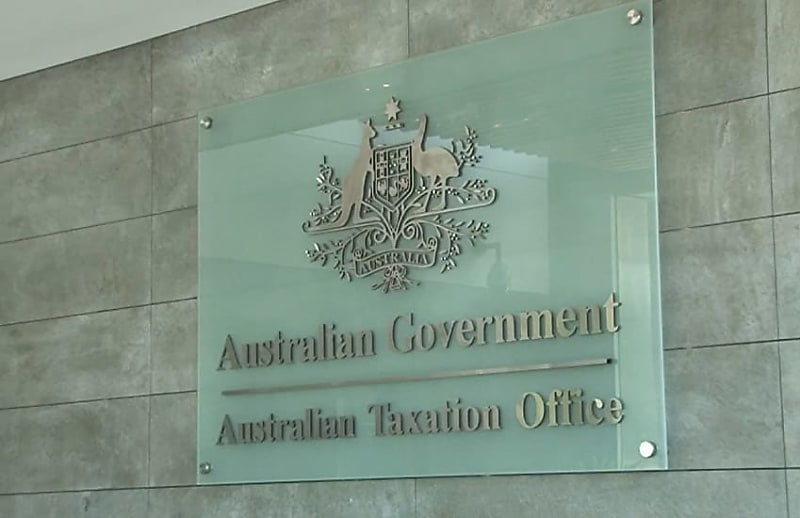The ATO has warned it is on the lookout for arrangements that use interposed holding companies to avoid tax and will subject them to “increased scrutiny”.
It said TA 2023/1 applied to arrangements that “viewed objectively” had the dominant purpose of avoiding tax.
“We’re reviewing arrangements where individuals seek to access private company profits without any additional individual tax liability, by arranging for the profits to be passed to them via an interposed company,” the ATO said.
It said “serious penalties” could apply and it would refer any tax agents involved in promoting the arrangements to the TPB.
TA 2023/1 said these arrangements typically involved:
“A private company (first company) has retained profits on which it may have paid tax at the corporate rate. Shares in the first company are held by an individual who may also be a director of the first company.
“The individual disposes of their shares in the first company to a private company (interposed company), receiving shares in the interposed company in return.
“The shares in the interposed company are issued at a paid-up amount being the same as, or similar to, the net assets of the first company which includes the retained profits of the first company.
“The individual applies a CGT roll-over, such as the CGT roll-over in Subdivision 122-A of the ITAA 1997 [Income Tax Assessment Act 1997], to disregard for tax purposes any capital gain on the disposal of those shares in the first company.
“The first company declares a franked dividend to the interposed company. The first company discharges its liability to pay the dividend by ways such as cash, cheque or promissory note.
“The interposed company provides a loan to the individual, sourced from the dividend received. The terms of the loan do not comply with section 109N. For example, the loan may be interest-free and repayable at call.
“Neither the interposed company nor the first company have sufficient distributable surplus for Division 7A to treat the loan made to the individual as a deemed dividend (whether directly from the interposed company or indirectly from the first company).”
The ATO said it was concerned that taxpayers or companies participating in such arrangements might be under the misapprehension that they were effective in helping the individual avoid tax.
However, the office would focus on the whether there was any intention to repay the purported loan, whether the scheme amounted to a “dividend stripping” operation or if came under the general anti-avoidance provisions in Part IVA.

 Login
Login







